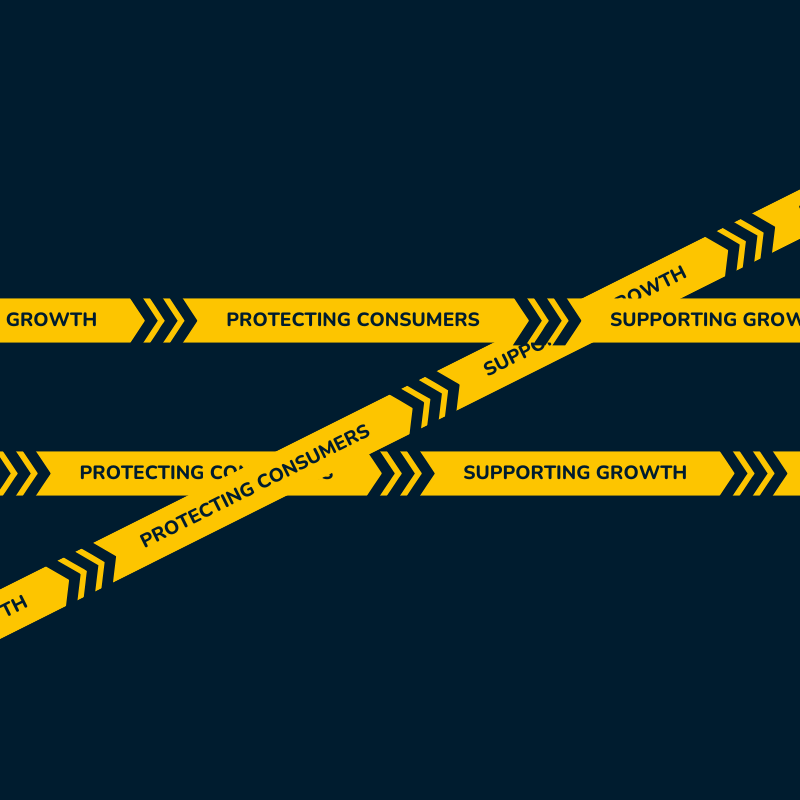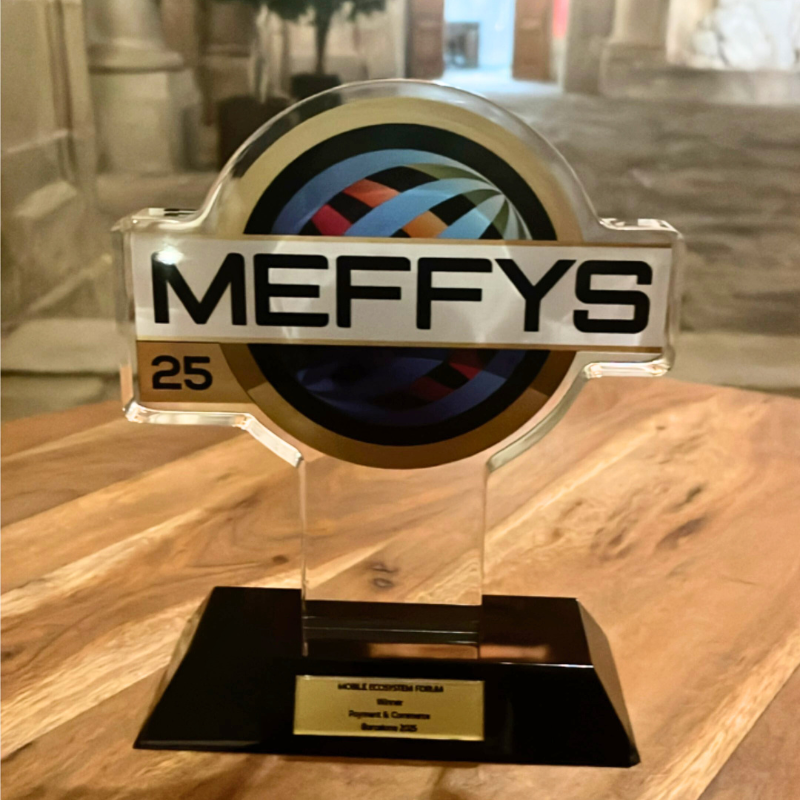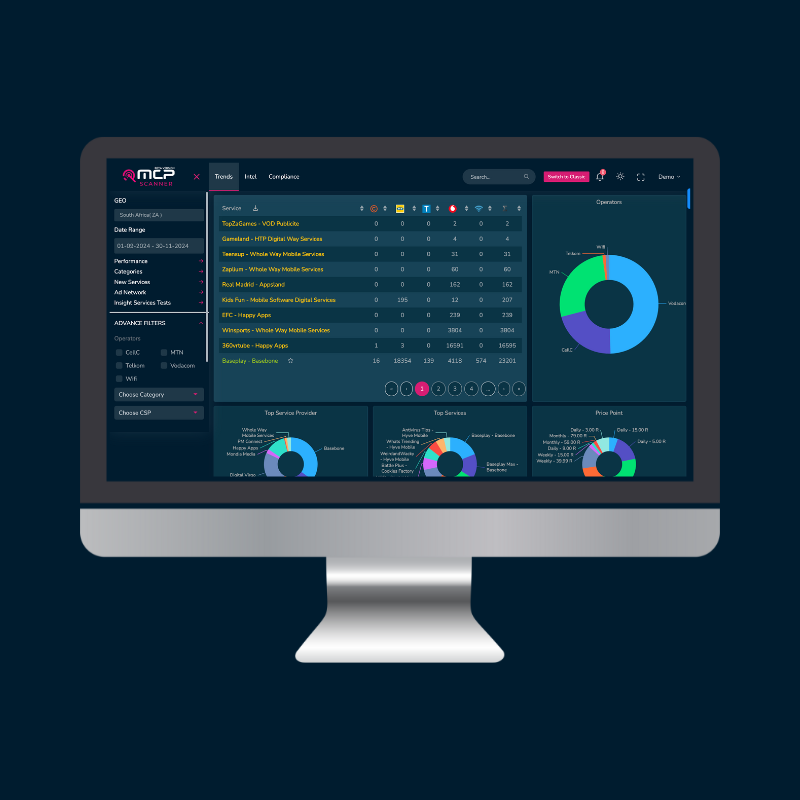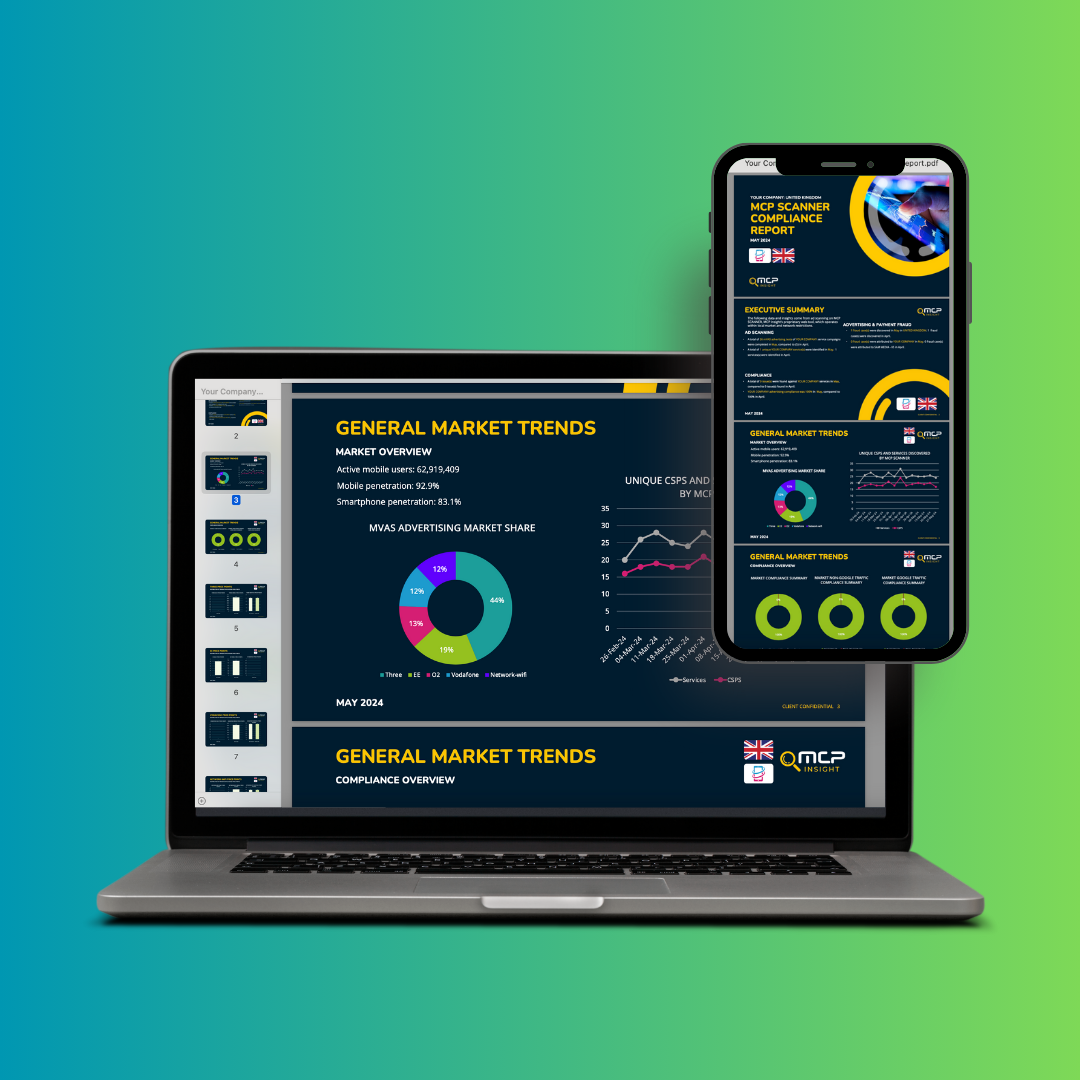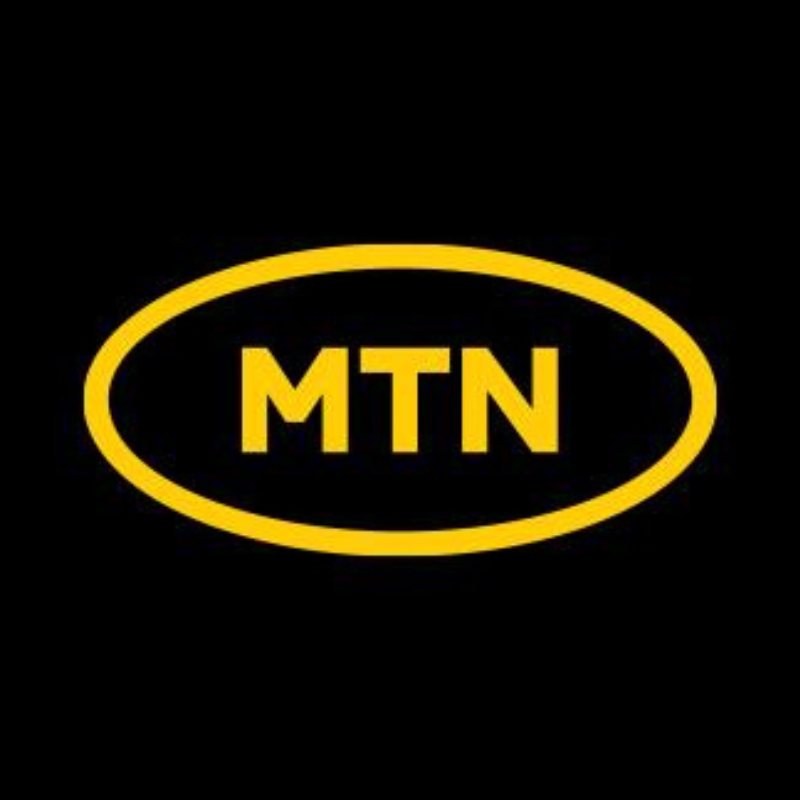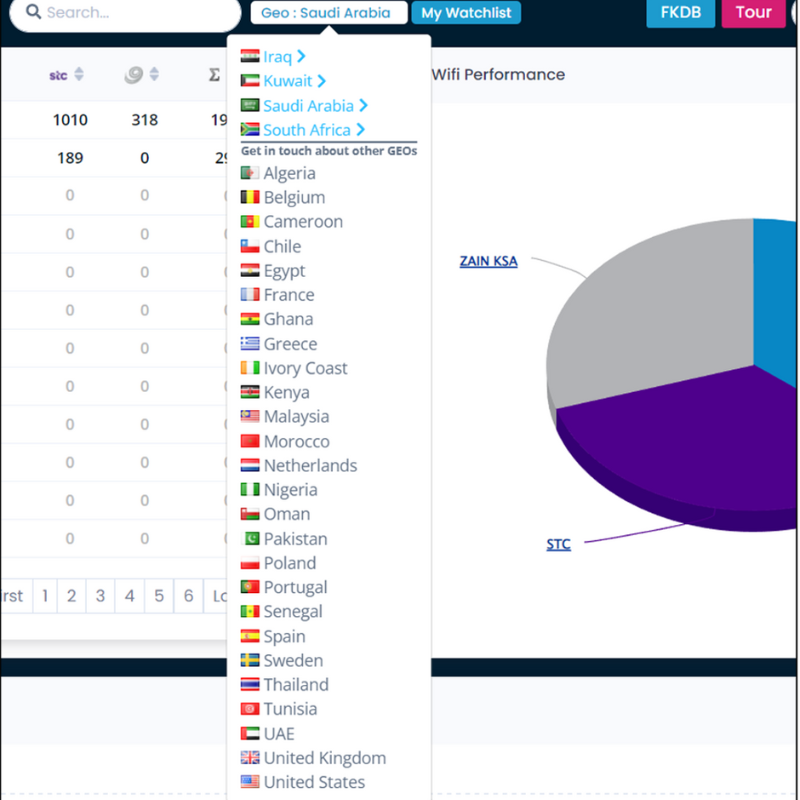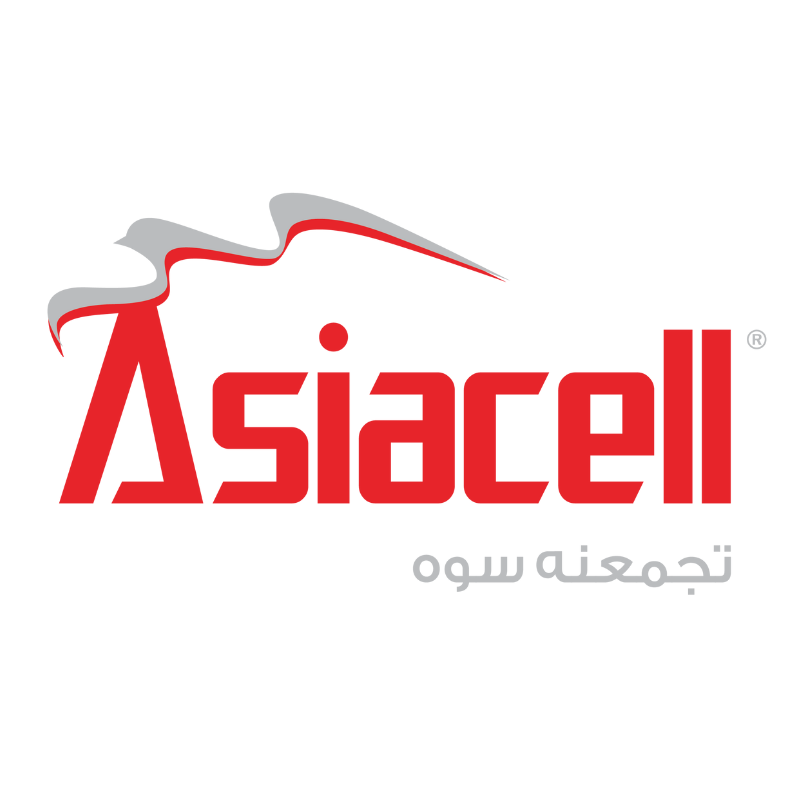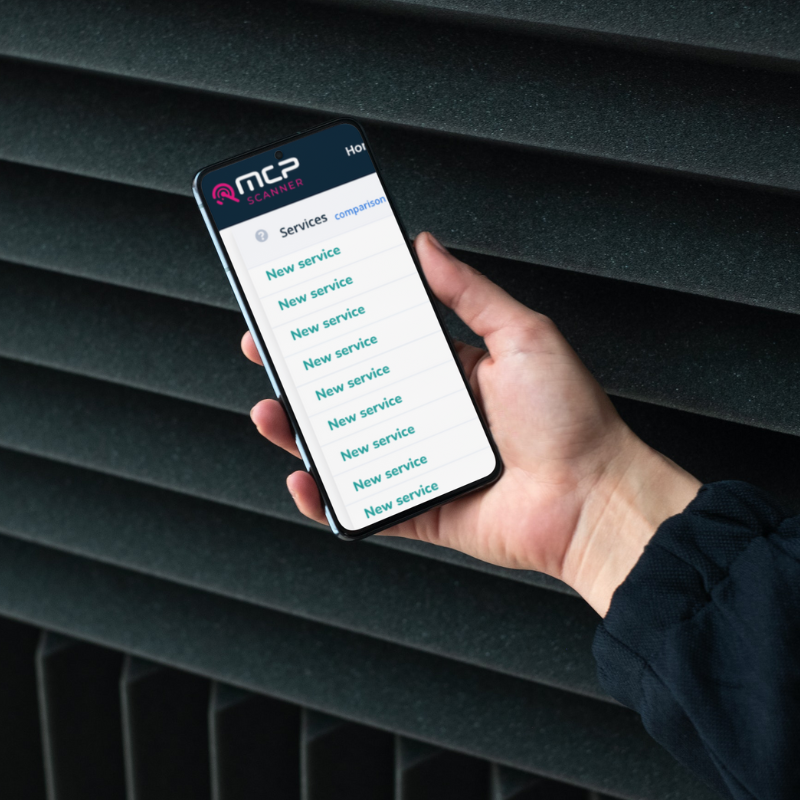Germany is emerging as an interesting market for the direct carrier billing (DCB) value chain. Recent developments, outlined below, have turned the spotlight on the country and the broader European landscape, as DCB looks set to become a more mainstream payment method. MCP Insight is already supporting clients in this market, here we explore the opportunities Germany presents.
Back in October, in a significant development for the German payments landscape, InternetQ GmbH, a direct carrier billing provider, was granted a licence by the German Federal Financial Supervisory Authority (BaFin). This licensing milestone allows InternetQ to offer carrier billing not only for digital goods and services but also for non-digital transactions.
With BaFin’s approval, InternetQ is positioning itself to challenge the €50 limit for DCB payments under the PSD2 exemption. It’s understood that the company aims to have this threshold reassessed to accommodate transactions exceeding €50, especially for non-digital goods and services such as charging electric vehicles. The removal of this limit could unlock multiple opportunities, providing customers with a secure, user-friendly and convenient alternative payment method for various goods and services, both digital and non-digital.
Already, Germans have experienced the convenience of DCB in non-digital services through partnerships between nextbike and payments aggregator DIMOCO. Since 2021, cyclists in Germany have been able to hire bikes using DCB, showcasing the potential for expanding this payment method to various mobility services.
InternetQ is not limiting its scope to non-digital services. The company is also strategically targeting the regulated sports betting and iGaming market in Germany. Collaborating with licensed gaming operators, InternetQ offers a cross-network Know Your Customer (KYC) match alongside carrier billing services, streamlining the onboarding process for new players in this sector.
New DCB Branding in Germany
In another move to make DCB more mainstream, Martin Shurig, Head of Financial and Enabling Services at Telefonica Germany, highlighted at this year’s Global Carrier Billing & Mobile Payments conference, a collaboration between German mobile network operators (MNOs) saying:
“Zahl einfach per Handyrechnung – or ‘Make easy payments via mobile phone bill’ – has been created along with a recognisable logo to place alongside other payment logos at the point of payment. There has also been a nationwide billboard campaign and a ‘buy one get one free’ offering on selected vending machines that offer DCB to get people using it.”
This initiative signifies a collective effort among MNOs to create a standardised identity for DCB and educate consumers about its simplicity and reliability.
mVAS Market Intelligence
Alongside growing opportunities for consumers to purchase non-digital services and physical goods using DCB, the growing popularity of DCB presents a substantial opportunity for merchants offering mobile value-added services (mVAS) in the German market.
With 119.6 million cellular mobile connections active in 2023, equivalent to 143.6% of the total population, and smartphone penetration of 90.1%, DCB emerges as a compelling option for businesses seeking a reliable mobile payment method to boost conversions.
For those merchants looking to seize opportunities in the German mVAS/DCB space, access to high-quality data and market intel is also vital for success. Platforms like MCP TRENDS, which monitors mVAS advertising across global markets, provide merchants and marketers with valuable insights for competitor benchmarking, performance optimisation and best practices on compliant mVAS/DCB marketing.
While DCB offers numerous benefits, including simplicity and convenience, the importance of customer care cannot be overstated. Protecting customers from fraudulent activities, such as misleading advertising and payment fraud, is crucial. Businesses must establish robust controls and processes to safeguard both customers and the entire value chain, preventing potential revenue loss, brand reputation damage, fines and increased regulatory scrutiny.
Partnering with compliance experts and implementing advanced anti-fraud tools are essential steps in protecting the integrity of the direct carrier billing ecosystem. Additionally, the implementation of Due Diligence and Risk Control (DDRC) processes is paramount. DDRC not only enhances the security of transactions but also contributes to the overall integrity of the business-customer relationship.
This is a critical consideration for all players in the DCB value chain, from Mobile Network Operators (MNOs) to Payment Aggregators, Merchants, and Marketing Partners. Each entity in the value chain plays a crucial role in ensuring that DCB transactions are secure, transparent, and compliant with regulatory standards.
In essence, a collaborative and proactive approach to compliance, anti-fraud measures, and DDRC processes across the entire DCB value chain is vital. By doing so, industry stakeholders not only protect themselves but also contribute to the establishment of a trustworthy and sustainable DCB ecosystem in Germany and beyond.
For valuable insights to support market expansion, campaign and flow optimisation, competitor analysis and to enhance strategic decision-making in this region, get in touch with the MCP team.




















